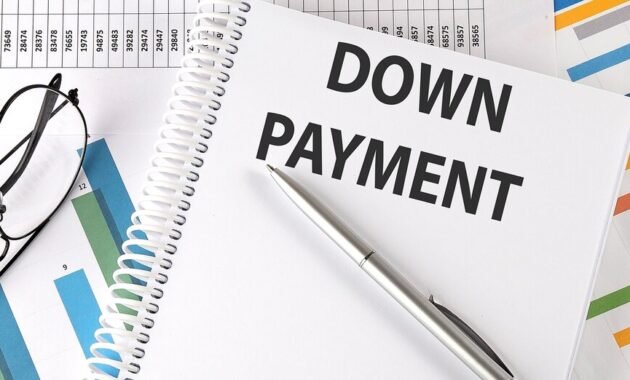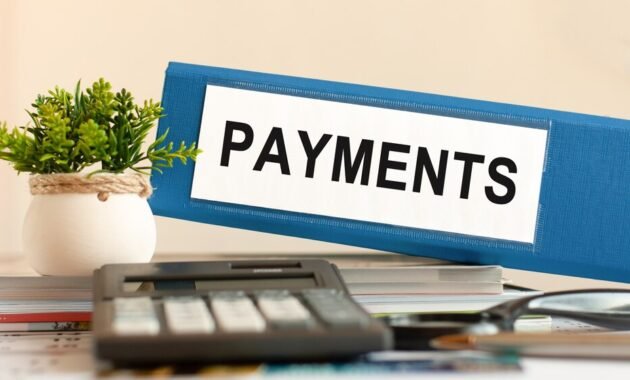Home Loan Interest Rate : In the realm of homeownership dreams, the interest rate on your home loan plays a pivotal role. It can either be a financial burden that drags you down for decades or a golden ticket that propels you towards a brighter financial future. The difference lies in your ability to secure the lowest home loan interest rate possible.
Welcome to a journey of financial empowerment where we unveil the strategies, tips, and insights that will guide you through the intricate maze of interest rates. Whether you’re a first-time homebuyer navigating the waters of real estate or a seasoned homeowner aiming to refinance, this guide will equip you with the knowledge to make informed decisions.
As we delve into the world of home loan interest rates, we’ll explore a myriad of factors that influence these rates – from economic indicators and credit scores to lender policies and market trends. Together, we’ll unravel the mysteries of mortgage points, fixed vs. variable rates, and the art of negotiation.
1. Boost Your Credit Score
The bedrock of your creditworthiness, your credit score, plays a monumental role in dictating the interest rate you’re eligible for. Financial institutions view a higher credit score as an indicator of reduced lending risk. Elevating your credit score necessitates vigilance—timely bill payments, mitigating outstanding debts, and judiciously avoiding unnecessary openings of new credit lines.
2. Commence On Comparison Shopping
Just as in any significant Securing, the Hide of seeking the best deal drapes prominently in the realm of mortgages. Diverse lenders proffer varying interest rates, underscoring the importance of gathering quotes from multiple sources. Contemporary digital tools and platforms facilitate the juxtaposition of loan offers, facilitating well-informed decisions.
3. Embrace A Condensed Loan Term
Opting for a truncated loan term—say, a 15-year mortgage as opposed to a 30-year tenure—proffers the potential for diminished interest rates. While monthly payments might scale higher, the aggregate interest disbursed over the loan’s lifespan substantially dwindles. The outcome? Significantly augmented savings and accelerated attainment of outright homeownership.
4. Enhance Your Down Payment

Presenting a more substantial down payment paints a portrait of financial stability for lenders. This portrayal, in turn, can lead to more favorable interest rates. By funneling a significant initial sum, you mitigate the lender’s risk profile, potentially engendering a reciprocated gesture in the form of a lower interest rate.
5. Spotlight Stable Income And Employment
Lenders exhibit a predilection for borrowers who boast unwavering income streams and employment histories. Demonstrating a dependable source of income and employment longevity augments your odds of securing a lower interest rate. Assemble pertinent documentation—pay stubs and employment verification—to showcase your financial constancy.
6. Weigh Adjustable Vs. Fixed Rates
The crossroads of home loan selection unveil two distinct paths: adjustable-rate mortgages (ARMs) and fixed-rate mortgages. Though ARMs might allure with lower initial rates, they’re susceptible to escalation. Fixed-rate mortgages deliver stability, enabling you to lock in a propitious rate throughout the loan’s lifetime. Scrutinize your financial standing and risk tolerance to discern the optimal path.
7. Leverage Points Payment

Forthrightly disbursing points stands as an option for borrowers amenable to an upfront investment that begets sustained lower interest rates over the loan’s duration. Each point equates to 1% of the loan quantum and can herald a noteworthy interest reduction. Ponder the latent savings over the extended term to ascertain the synergy between this tactic and your financial ambitions.
8. Foster A Lean Debt-To-Income Ratio
Lenders unfurl the tapestry of your debt-to-income (DTI) ratio during the evaluation of your loan application. A diminished DTI ratio underscores a robust fiscal profile and ushers in the prospect of more advantageous interest rates. To hone your DTI ratio, channel your focus towards liquidating extant debts and evading new financial commitments prior to seeking a home loan.
Also read : How To Make A Smart Plan For Paying Back Student Loans
The pursuit of securing the lowest home loan interest rate necessitates the choreography of a strategic ballet—encompassing financial readiness, comprehensive research, and contemplation of the plenitude of loan options. By embracing the strategies meticulously delineated in this discourse, you position yourself to grasp a mortgage rate laden with favorability. This orchestration lays the foundation for enduring savings on your sojourn through homeownership.
FAQS
1. How can I improve my credit score to get a lower interest rate?
To enhance your credit score, ensure timely payments of existing debts, maintain a low credit utilization ratio, and avoid opening multiple credit accounts. Regularly checking your credit report for errors and addressing them can also help.
2. Is a fixed or variable interest rate better for a home loan?
It depends on your risk tolerance and the current market conditions. Fixed rates remain constant throughout the loan tenure, providing stability. Variable rates can fluctuate, potentially offering lower initial rates but with the risk of increases over time.
3. How does the lender I choose impact my interest rate?
Different lenders offer varying interest rates based on their internal policies, cost of funds, and competitive positioning. It’s advisable to research and compare rates from multiple lenders to secure the best deal.
4. Does the type of property affect the interest rate?
Yes, the type of property can influence the interest rate. Lenders might categorize properties as primary residences, second homes, or investment properties. Interest rates could be slightly higher for investment properties due to increased risk.
5. What factors affect the home loan interest rate?
Home loan interest rates are influenced by various factors, including your credit score, loan amount, loan tenure, prevailing market rates, and the lender’s policies. A higher credit score and a stable financial history generally lead to lower interest rates.
Source image : freepik.com
